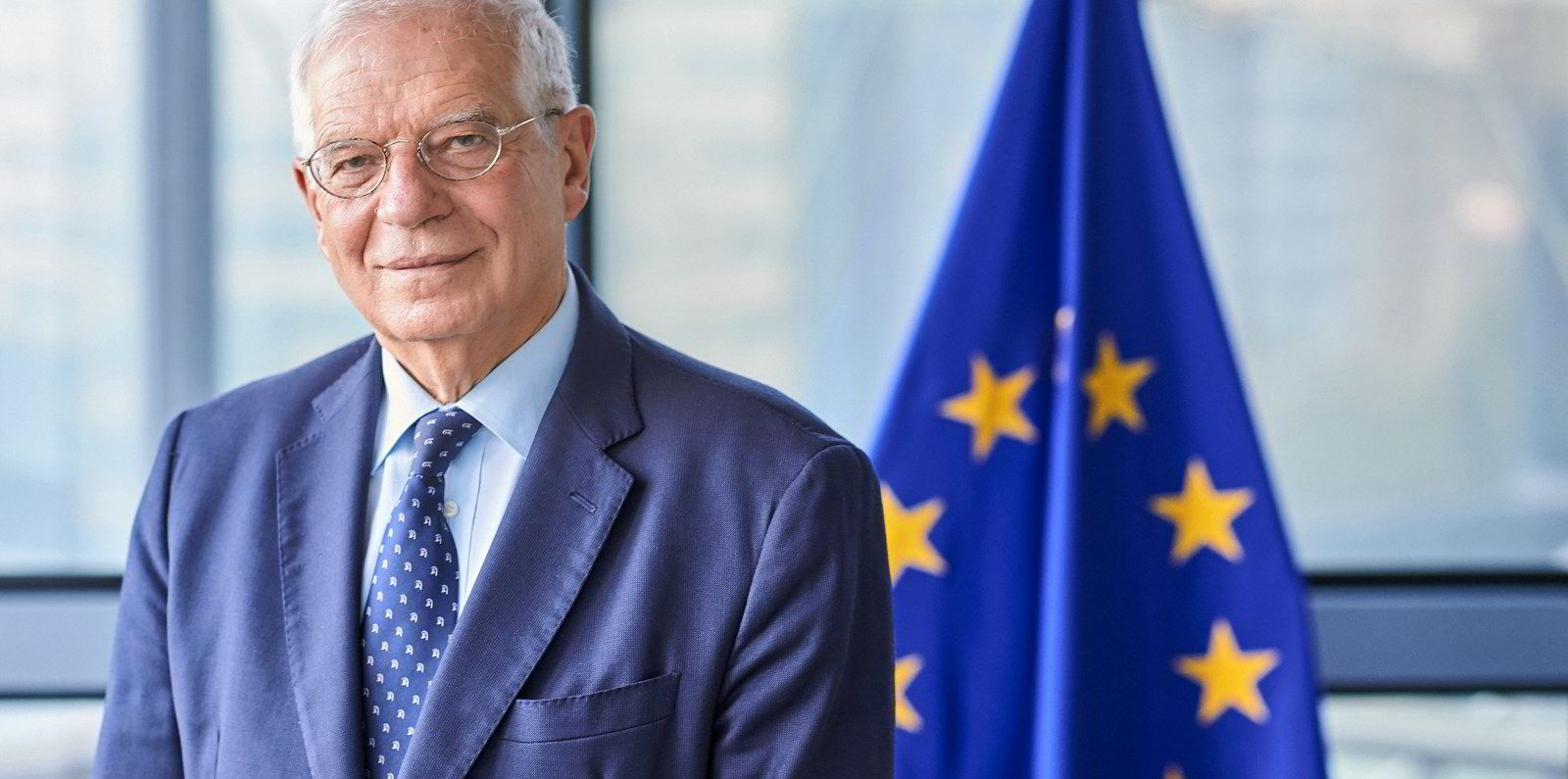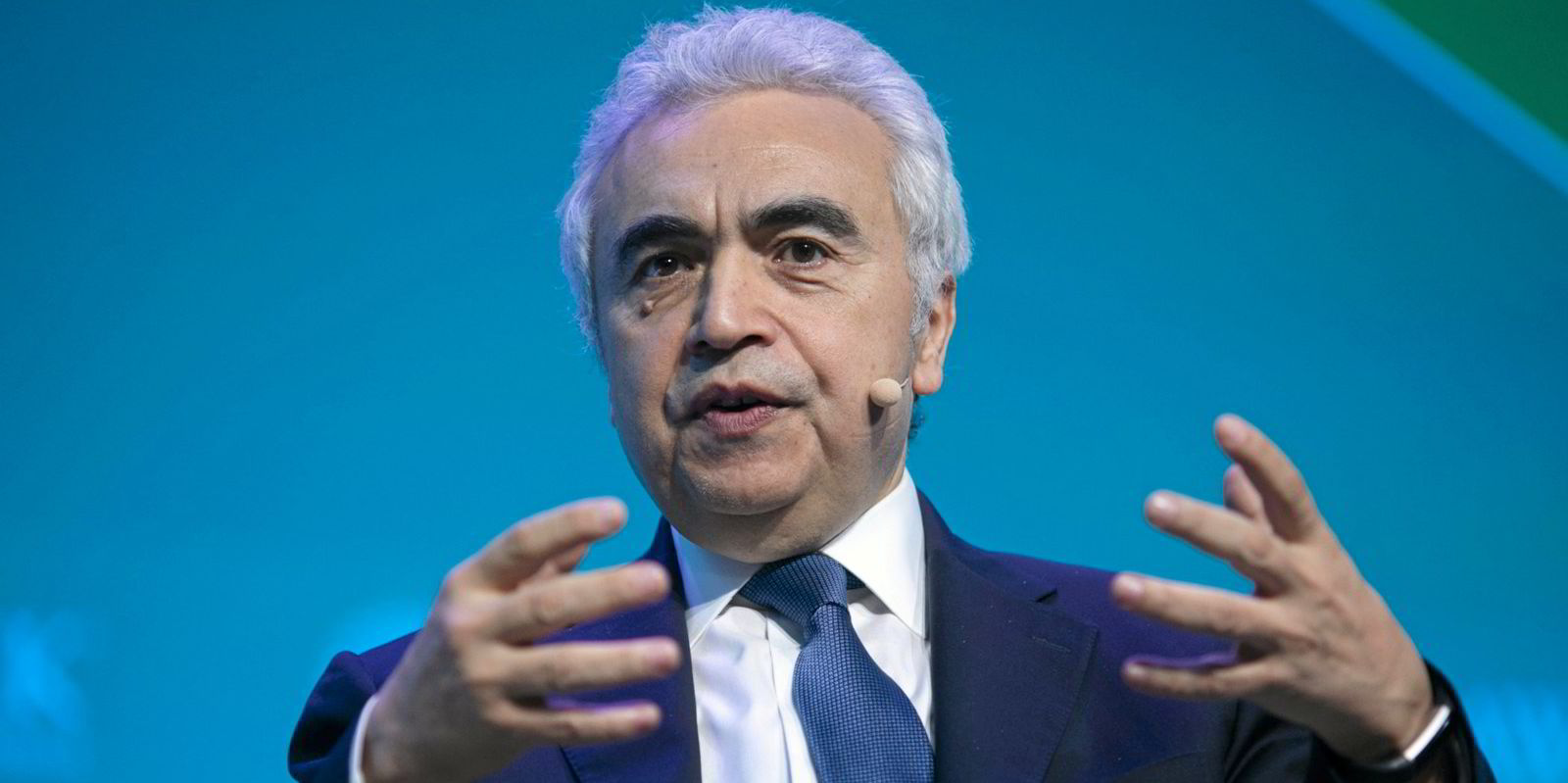The European Union has brought in new measures aimed at tightening controls on the sale of second-hand tankers that could end up in shadow fleets.
The EU Council announced its 12th round of sanctions targeting Russia, which included an attempt to tighten oil price cap compliance and a new ban on LPG imports.
The measures demand more details for attestation documents secured by shipping companies from oil traders to show that their cargos are priced beneath the cap set for $60 a barrel for crude and $100 and $45 for other refined products.
“To make it more difficult for Russia to sustain the war, we have tightened the international G7+ oil price cap, by introducing new measures to more closely monitor the sale of tankers to third countries.
“This will help to tackle the ‘shadow fleet’ used by Russia to circumvent the price cap. In this respect, the EU is in close dialogue with our G7 partners to ensure alignment of our measures and future guidance.”
The EU said that it would strengthen intelligence-sharing between the 27-member bloc to identify vessels and companies involved in deceptive practices.
The council cited ship-to-ship transfers used to “conceal the origin of destination of cargo” along with the manipulation of vessel tracking data while hauling Russian crude and products.
The EU’s enforcement of price cap rules has been limited. The US has sanctioned eight ships and related entities for suspected breaches since October.
But the attempt to put limitations on the secondhand tanker market is a new departure for the bloc after suggestions that the measure had been dumped during negotiations. But the surge in sales in late 2022 and early 2023 that saw values for older tonnage spike has died down.
The rules are designed in particular in the case of “secondhand carriers that could be used to evade the import ban on Russian crude or petroleum products and the G7 Price Cap”, the EU said.
Tanker sales monitored
According to the legal text published later on Monday, an EU national, resident or organisation are prohibited from selling or transferring ownership of tankers to transport specified crude and petroleum products to a Russian company or person or for use in Russia.
A subsequent paragraph stipulates, however, that “competent authorities” in member states have latitude to approve the sales “under the conditions they deem appropriate”, except if they have “reasonable grounds to believe” that such ships will be used to violate the oil price cap.
In any case, “any [tanker] sale or other arrangement entailing a transfer of ownership” by an EU national, resident or legal entity “shall be notified immediately to the competent authorities of the member state where the owner of the tanker is a citizen, a resident or is established”.
Interestingly, the notification obligation seems also to apply retroactively to tanker sales carried out between 5 December 2022 and 19 December 2023. Such transactions must be “notified to competent authorities” before 20 February 2024.
Member states must inform all other member states and the Commission of any tanker sale authorisation they have granted “within two weeks of the authorisation or notification”. It is unclear if that clause applies to tanker sales already carried out over the past 12 months or just to future ones.
'Further blow'
EU officials expressed certainty that the latest round of EU sanctions will be effective.
“These measures deliver a further blow to Putin’s ability to wage war by targeting high-value sectors of the Russian economy and making it more difficult to circumvent EU sanctions,” said Josep Borrell, the EU’s foreign policy chief.
The measures were announced on Monday after Austria gave formal approval for the deal after one of its banks, Raiffeisen, was suspended from a Ukrainian list of “international sponsors of war”.
It echoed the last set of sanctions which were only signed off in June after five Greek tanker companies, TMS Tankers, Dynacom Tankers, Minerva Marine, Thenamaris and Delta Tankers, were taken off the same list.
Harry Papachristou contributed to this article.
Read more
- EU ditches Russian tanker sale ban after pressure from Mediterranean countries
- EU deal will allow countries to ban Russian LNG cargoes
- Tanker brokers calm as Venezuela ramps up pressure over disputed Guyana region
- Sovcomflot-linked unit among UAE ship operators hit by UK sanctions
- US responds to Houthi attacks with sanctions on Iranian backers and ‘illicit shipping agent’




